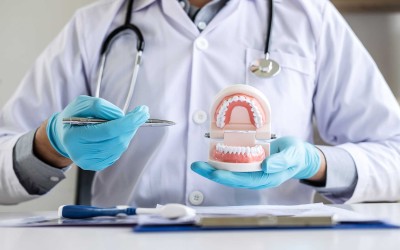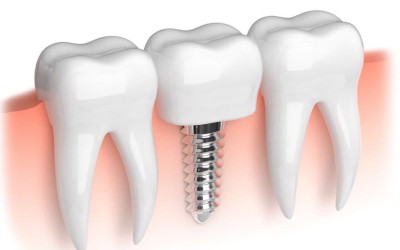Tooth Gum Swelling and Treatment

Tooth Gum Swelling and Treatment
- 18 February 2023
- 18618 views
Gum swelling is a dental health issue that occurs at the point where the gum meets the tooth, due to various causes.
This content is for informational purposes only and does not replace medical advice, diagnosis, or treatment. Please consult a healthcare professional for any health concerns.
Table of Contents
Gums, the pink-colored tissues that cover the jawbone, also include this tissue in the root of the teeth. Therefore, when oral and dental health is mentioned, this group of health problems has an important share among them. If there is any problem in the gums for any reason, symptoms such as swelling and inflammation can occur. Gum swelling is usually seen at the point where the gum is joined to the tooth and the swollen gum can cover part of the tooth. However, with proper oral care and medical treatment, gum swelling can be easily treated.
What is Gum Swelling?
Gums or gingiva are the tissues that surround the teeth and fill the space between the teeth and jaw bones. Gums support tooth and bone, aid in grinding food by covering jaw bones. The structure of gums varies depending on body conditions. Various physiological conditions or some diseases can cause expansion and edema in the gums, resulting in a complaint of gum swelling.

What are the Main Causes?
The main causes are:
- Hormonal changes during pregnancy
- A blow to the mouth area from the outside
- Dryness in the mouth
- Inflammation of the gums
- Insufficient nutrition
- Using inappropriate dentures and oral care products
- Not regularly cleaning the mouth
- Vitamin C deficiency
Symptoms of Gum Swelling
The symptoms of gum swelling are:
- Difficulty eating during meals
- Sensitivity to hot and cold foods
- Pain
- Swelling in one or more areas of the gums
- Bleeding
- Inadequate fit of partial dentures
- Redness in the gums
- White pus
What Happens if it's Not Treated?
The most common cause of gum problems is poor oral hygiene and bad habits that lead to plaque formation and inflammation of gum tissues. Untreated gum problems can lead to periodontal disease, which spreads to the underlying tissues and bones. These problems can cause serious conditions that lead to tooth loss. Therefore, a gum problem should be treated as soon as possible to prevent future problems.
Gum Swelling Treatment
See dentist if gums swollen over 2 weeks. Your dentist will ask when the symptoms started and how often they occur. Then, he will take an oral and dental x-ray to diagnose the condition.
Based on the possible cause of the gum swelling, your dentist may recommend mouth rinses that help prevent gum inflammation or reduce plaque. In some cases, you may need to take antibiotics.
The treatment for gum swelling depends on the degree of the problem, so it is applied to the person individually.
Measures to be Taken to Prevent Gum Swelling
You can take the following measures to reduce the effects of gingival swelling:
- Rinse your mouth with salty water 2-3 times a day.
- Pay attention to oral hygiene.
- Drink plenty of water. Drinking water increases saliva production, making it easier to fight bacteria.
- Brush your teeth without applying too much pressure to your gums.
- Do not use tobacco and derivatives.
- Clean the debris between your teeth with floss instead of brushing.
To prevent gum swelling problem;
- Visit your dentist regularly for plaque, tartar and tooth stone control.
- Pay attention to healthy nutrition.
- Use gargle for dental and oral care.
- Do not neglect to clean the spaces between your teeth with dental floss in addition to brushing your teeth regularly.
- While brushing your teeth, brush your gums as well. Brush with circular movements without applying too much pressure.







